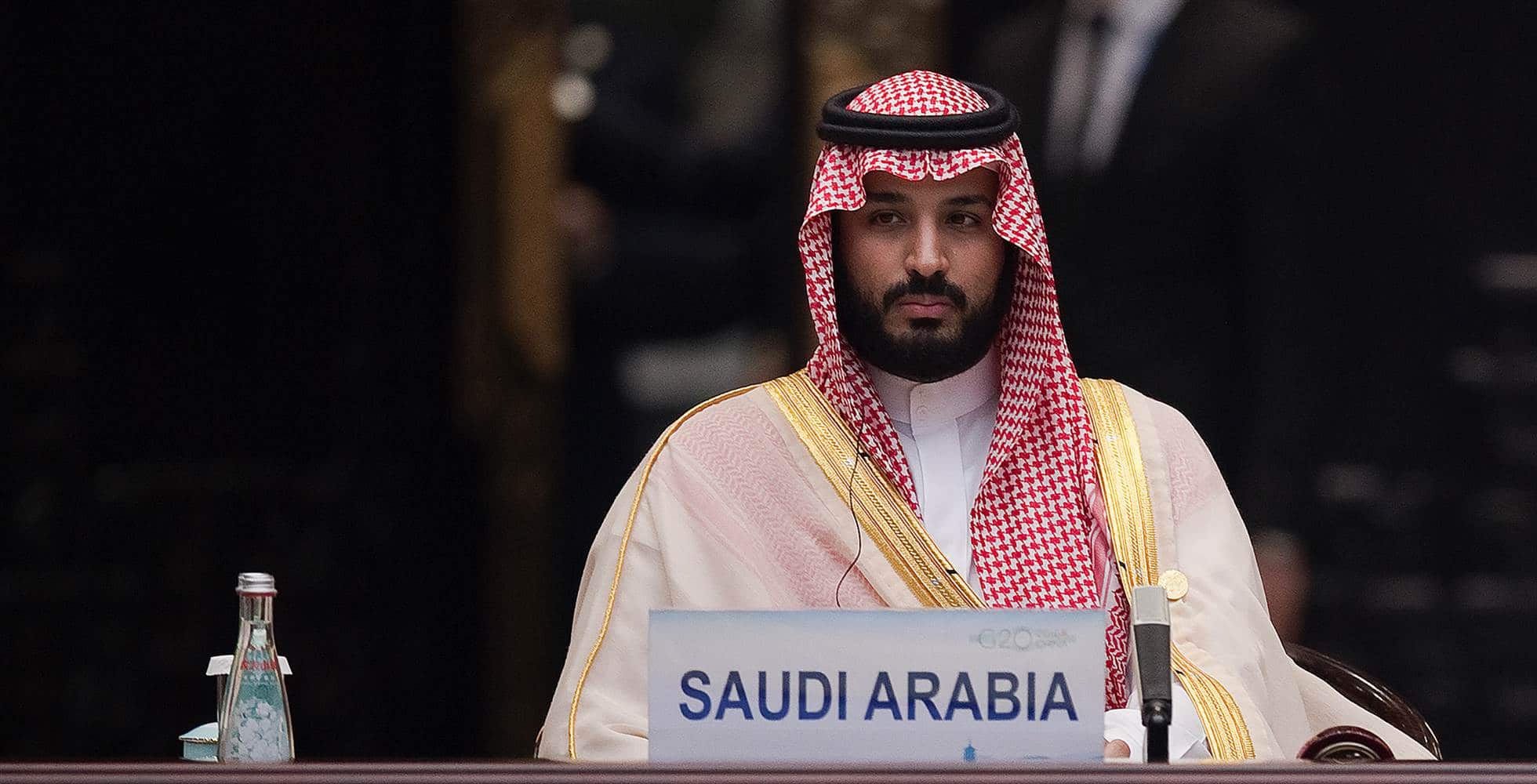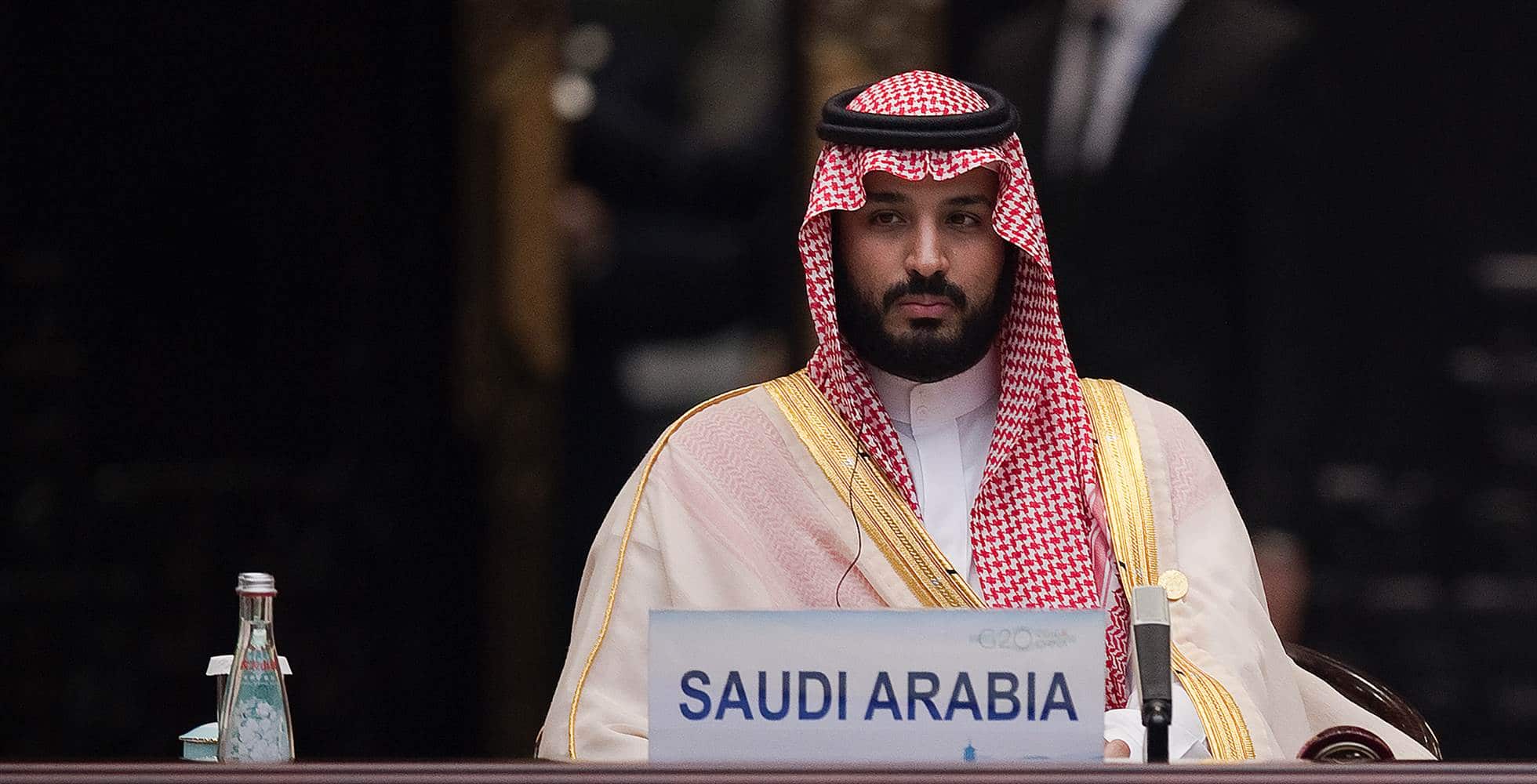
According to leaked emails obtained by Middle East Eye, an unnamed Republican Party figure orchestrated the defeat of a proposed 2016 GOP plank calling for the declassification of 28 pages on Saudi government links to the 9/11 plotters.
That individual then notified Trump presidential campaign manager Paul Manafort of the plank’s defeat and claimed credit for providing instructions to “our political team” to kill it.
Manafort forwarded the news to Tom Barrack—Trump’s billionaire friend, surrogate and fundraiser—who notified Yousef al-Otaiba, the United Arab Emirates ambassador to the United States.
The behind-the-scenes communications seem to suggest that Trump campaign officials and associates, eager to strengthen their relationships with Gulf officials, supported efforts to thwart the release of the 28 pages even though candidate Trump had spoken favorably of it.
Months before the Republican convention intrigue, Trump implied he would release the 28 pages if elected, and suggested they could reveal Saudi guilt for 9/11.
At a February 2016 campaign event, Trump said, “It wasn’t the Iraqis that knocked down the World Trade Center. We went after Iraq, we decimated the country, Iran’s taking over…but it wasn’t the Iraqis, you will find out who really knocked down the World Trade Center, because they have papers in there that are very secret, you may find it’s the Saudis, okay? But you will find out.”
“Really confidential but important. Please don’t distribute.”
During proceedings of the platform committee at the July 2016 Republican national convention, the national security subcommittee approved a plank urging the release of the 28 pages. However, it was rejected when it went before the full platform committee.
Soon after, a Republican party source, whose name is not known, sent a self-aggrandizing email to Trump campaign manager Paul Manafort. In part, it read:
“Paul. Something you can pass along to your friend Tom Barrack. I made certain that language that was anti the Saudi Royal Family was removed from the platform. It was inserted by AIPAC lobbyists and would have been a part of the 2016 Platform. When I saw the amendment that was passed in the subcommittee, I gave instructions to our political team to remove the language in the full committee.”
The full email follows this story. Middle East Eye concluded that “Paul” is Paul Manafort via other context in the leaked email conversations.
After receiving news of the plank’s defeat from Manafort, Barrack—who later chaired Trump’s inauguration committee—forwarded it to al-Otaiba, calling it “really confidential but important. Please don’t distribute.”
Since the platform proceedings were carried live by CSPAN, Barrack’s request for confidentiality seems intended to conceal Manafort and Barrack’s support of the plank’s demise, as they quietly worked to curry favor with the Saudi-aligned UAE and the kingdom itself.
Manafort, who now stands famously indicted for a variety of charges that include obstruction of justice, conspiracy to launder money, making false statements, witness tampering and acting as an unregistered agent of a foreign principal, was once a registered agent of the Kingdom of Saudi Arabia, along with many other regimes known for violating human rights.
“The emails will be of interest to Special Counsel Robert Mueller, who has widened the scope of his inquiry into potential Russian meddling in the 2016 US presidential election to include whether the Emiratis and Saudis funneled payments to Trump’s election campaign,” writes Hearst.
His report also paints a picture of an increasingly warm personal relationship between Barrack and the UAE’s al-Otaiba. “You’re an amazing man,” gushed Barrack after al-Otaiba hosted him at a dinner that also included Saudi foreign minister Adel al-Jubeir. Barrack thanked his host for serving “irreplacable wine.”
The emails also illuminate Barrack’s project to mold Trump’s thinking about the region. “I would like to align in Donald’s mind the connection between the UAE and Saudi Arabia which we’ve already started with Jared (Kushner),” he wrote to al-Otaiba.
Saudi Guardians at the GOP Convention
If the unidentified Republican figure’s boast was truthful, then, by all indications, that person’s instructions to kill the 28 pages plank found their way to Steve Yates, a former deputy national security advisor to vice president Dick Cheney.
A member of the platform committee and then-chair of the Idaho Republican Party, Yates moved for the plank’s rejection and gave a brief speech heavy on fallacious arguments echoing those being contemporaneously advanced by Saudi-accommodating CIA director John Brennan.
Before it was voted down, two Trump-aligned members of the platform committee also spoke up against the plank:
* Thomas Dadey, who co-chaired Trump’s New York campaign, was later named to Trump’s transition team.
* Darcie Johnston, Trump’s Vermont campaign manager, went on to receive a job as a special assistant in the new administration’s Department of Health and Human Services.
Yates become an informal advisor to the Trump transition team, where he played a supporting role in Trump’s controversial receipt of a congratulatory phone call from Taiwan’s president.
Barrack Sought to Curtail Trump’s Exploitation of Clinton-Saudi Links
Hearst provided 28Pages.org with another email exchange not quoted in the Middle East Eye story, one that shows Barrack’s high interest in shielding Saudi Arabia from embarrassing comments by Trump on the campaign trail, and in making sure the UAE ambassador knew about it.
On June 22, 2016, Trump delivered a formal, high-profile campaign speech at the Trump Soho hotel in New York in which he attacked opponent Hillary Clinton, accusing her of corruption during her tenure as secretary of state.
On the same day, in an email to al-Otaiba, Barrack wrote, “I also made sure in his speech against Hillary today that he did not mention or antagonise the issue of her taking Saudi Arabian money! All good.”
Al-Otaiba replied, “I think he did mention Hillary taking Saudi money :)”
The ambassador was correct: Trump said “Hillary took $25 million from Saudi Arabia…where being gay is also punishable by death.”
The Saudi-Clinton monetary connection was one of many dimensions of Clinton’s record that dampened progressive liberal enthusiasm for her, and thus contributed to the low Democrat turnout that proved fatal to her campaign. However, in Barrack’s own political and perhaps financial calculus, fully exploiting that dynamic apparently took a back seat to protecting the interests of Saudi Arabia.
Plank Not the Work of AIPAC
The unidentified Republican party member’s claim that the plank was the brainchild of the American Israel Public Affairs Committee (AIPAC) is not merely odd—given the under-the-table alliance between Saudi Arabia and Israel—it’s also false.
The plank was introduced by delegate and Maine state senator Eric Brakey—and the language was personally drafted by me.
The libertarian Brakey contacted me after hearing my July 6, 2016 appearance on The Tom Woods Show, in which I discussed the growing, nonpartisan drive to declassify the 28 pages. He informed me of his interest in introducing a plank supportive of the cause and I drafted language for him to use.
Earlier this month, Brakey won the Republican nomination for U.S. Senate, and will take on incumbent Angus King.
Reached with news of the intrigue surrounding his plank, Brakey says, “It doesn’t necessarily surprise me. There’s a lot that happens (at party conventions) out in front for people to see, but that’s just the tip of the iceberg. If there were really powerful people trying to stamp it out, we must have been on to something, and we found out we were on to something when they were released.”
As it turned out, the 28 pages were declassified just days after the platform battle, albeit with many remaining redactions.
Among other things, the 28 pages revealed many troubling connections between the 9/11 hijackers’ support network and other people of interest to investigators and then-Saudi ambassador to the United States Prince Bandar bin Sultan.
However, thanks to a perfect storm of major competing stories, a comprehensive U.S. government campaign to downplay the pages’ significance, and the media tendency to report official stances with little or no questioning, their impact was muted.
“It’s kind of a shame they’ve been swept under the rug,” says Brakey.
Tom Barrack’s Email to UAE Ambassador Yousef al-Otaiba Regarding 28 Pages Plank
Middle East Eye provided a copy of the content of this email to 28Pages.org.
From: Tom Barrack
Sent: Wednesday July 13, 2016 8.02 AM
To: His Excellency Yousef Al OtaibaSubject:
Really confidential but important. Please don’t distribute. Where are you this summer. Would love to get together
Sent from my iPhone
Removed from Platform
Paul
Something you can pass along to your friend Tom Barrack.
I made certain that language that was anti the Saudi Royal Family was removed from the platform.
It was inserted by AIPAC lobbyists and would have been a part of the 2016 Platform.
When I saw the amendment that was passed in the subcommittee, I gave instructions to our political team to revoke the language in the full committee.
The final report of the Platform Committee does not contain the language.
1. Saudi Arabia
a. Removed a section in the Platform that was inserted to embarrass the royal family. The section called for the release of 28 pages of sensitive documents gathered during the 911 investigation. The pages allegedly contain information that asserts involvement by the Saudi Government/Royals as related to the alleged Saudi funding of terrorists who were involved in the 911 bombings
Reprinted with permission from 28Pages.org.

